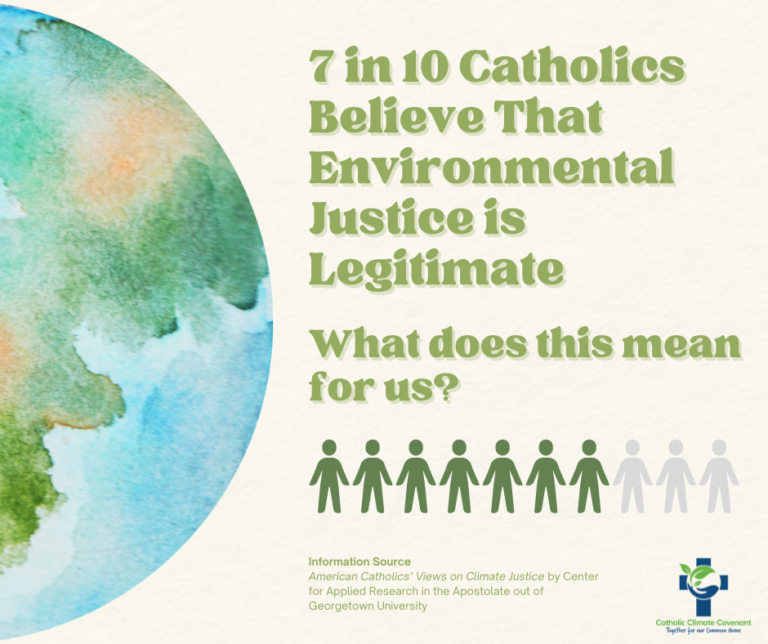A scientific paper published in JAMA Network Open, part of the Journal of the American Medical Association, provides clear evidence that the exacerbation of air pollution and heat levels caused by climate change can have severely adverse effects on the unborn, specifically tied to premature births, underweight babies, and stillborn babies. For some babies, the health effects can last through childhood and beyond. At highest risk among all groups studied were mothers with asthma and Black mothers.
The paper reviewed recent research available on the impacts of air pollution and excessive heat during pregnancy. The researchers focused on three adverse pregnancy outcomes: low birth weight, preterm birth, and stillbirth; and reviewed research related to a combined population of some 33 million births. The air pollution examined fine particulate matter and ozone levels, along with heat exposure, all associated with climate change.
The findings are in line with other research that shows communities of color will bear the brunt of the impacts of climate change. In a recent New York Times article, one of the lead authors, Dr. Rupa Basu, explained that African Americans are more likely to live close to power plants and other sources of air pollution and some may also be less likely to have—or afford—air conditioning in their homes, or live in neighborhoods with less green spaces that can help keep temperatures down. In addition, Black and Latino communities tend to have less access to medical help and tend not to receive equal levels of treatment.
From a public health perspective, the study further solidifies what we have known for decades: that the health of the environment is directly related to human health and life. “I think it’s a time, right now, in society where we’re being reminded that we’re not just independent, we’re all connected…all of those sort of micro-decisions make a significant impact on the exposures that people face,” said Dr. Bruce Bekkar, MD, lead author of the study.
And as Catholics, the study supports what Laudato Si’ tells us: everything is connected. Pope Francis teaches us that Christians must “realize that their responsibility within creation, and their duty towards nature and the Creator, are an essential part of their faith”. (64) The study is a reminder that caring about the health outcomes of people, particularly the most vulnerable, relates to care of our Common Home and vice-versa.
Laudato Si’ stresses the importance of caring for the environment as part of an overall caring for creation and protection of those most vulnerable to environmental degradation. The encyclical also tells us “the mindset which leaves no room for sincere concern for the environment is the same mindset which lacks concern for the inclusion of the most vulnerable members of society”. (196) It asks us to consider “how can we genuinely teach the importance of concern for other vulnerable beings….if we fail to protect a human embryo…?” (Laudato Si’ 120.)


